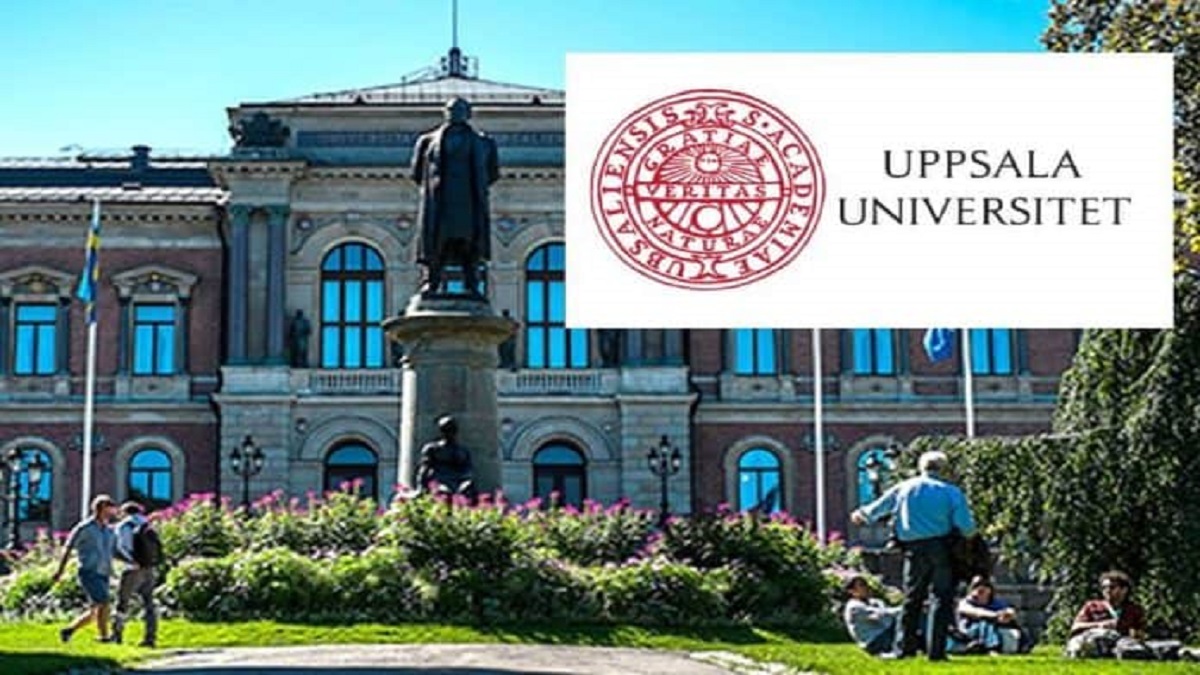
Uppsala University is a comprehensive research-intensive university with a strong international standing. Our ultimate goal is to conduct education and research of the highest quality and relevance to make a long-term difference in society. Our most important assets are all the individuals whose curiosity and dedication make Uppsala University one of Sweden’s most exciting workplaces. Uppsala University has over 54,000 students, more than 7,500 employees and a turnover of around SEK 8 billion.
The research conducted at the Department of Physics and Astronomy encompasses a wide range of physics topics, distributed over ten divisions. The department is located in the Ångström laboratory and employs nearly 400 people, 125 of whom are doctoral students. It offers a broad physics curriculum to undergraduate and graduate students, participation in nationally and internationally leading projects for researchers, and opportunities for partnership with industry and various outreach activities.
The ISIS Neutron and Muon Source Facility is a world-leading centre for research in the physical and life sciences. Our suite of over 30 neutron and muon instruments gives unique insights into the properties of materials on the atomic scale. We support a national and international community of more than 3000 scientists for research into subjects ranging from clean energy and the environment, pharmaceuticals and health care, through to nanotechnology and materials engineering, catalysis and polymers, as well as fundamental studies of materials.
Webpages: www.physics.uu.se and www.isis.co.uk
Read more about our benefits and what it is like to work at Uppsala University
Duties
We are looking for a scientific researchers with a strong background in software development, or software developer with a strong interest in science. You will join a new project, within which applied statistics and information theory will be used to quantify the information content of neutron reflectivity datasets. Using this, we are able to optimize the design of experiments and to make previously impossible experiments possible, as well as to run existing experiments faster and better.
In a facility where a typical experiment lasts few days, costs tens of thousands of pounds/Euros and takes 6+ months to apply for, any improvements to the experiment are of large value. The effort will be based on an existing code-base we have developed to design optimal thin film structures for a given purpose. These structures will be fabricated by other members of the collaboration and measured in neutron reflectivity experiments. Participation and collaboration with all other parts of the project is strongly encouraged and if the candidate chooses they can participate in the large scale facility experiments.
The code-base is released as an open source (https://github.com/James-Durant/experimental-design), and two journal articles published. Significant development of the capabilities of the code-base is required. These will include improvements to the experimental design code, as well as improving the data analysis, applying Bayesian methods for extracting parameter uncertainties and model selection. The developments will allow the entire collaboration to move forward, suggesting optimal materials systems to be investigated and designing experiments for the other nodes of the project.
The position is based in Sweden but involves extended stays in the UK, working at ISIS neutron source. There will be the opportunity for overseas travel to meet international collaborators, and to present the work at workshops/conferences and give training. We value diversity within our team and try to cultivate a culture of inclusivity.
Requirements
Applicants must hold a PhD in physics, materials science, computer sciences, or a similar area of science. Good computer/ programming skills are required. The main part of the code is written in Python, hence knowledge of Python or experience of a similar language, combined with a willingness to learn Python, is required.
Excellent knowledge of English, writing and speaking, is required. Eagerness to learn Swedish is assumed for non-Swedish speaking candidate.
Additional qualifications
Solid background in condensed matter physics, magnetism and neutron reflectivity are further merits.
About the employment
The employment is a temporary position of 2 years according to central collective agreement. The employment may be extended for another year. Scope of employment 100 %. Starting date 1 February 2023 or as agreed. Placement: Uppsala.
For further information about the position, please contact: Björgvin Hjörvarsson (bjorgvin.hjorvarsson@physics.uu.se, +46 (0) 18 471 3837) or Jos Cooper (jos.cooper@stfc.ac.uk).
Please submit your application by 2 January 2023, UFV-PA 2022/3911.
Are you considering moving to Sweden to work at Uppsala University? Find out more about what it´s like to work and live in Sweden.
Please do not send offers of recruitment or advertising services.
Submit your application through Uppsala University’s recruitment system.
Placement: Department of Physics and Astronomy
Type of employment: Full time , Temporary position longer than 6 months
Pay: Fixed salary
Number of positions: 1
Working hours: 100%
Town: Uppsala
County: Uppsala län
Country: Sweden
Union representative: Seko Universitetsklubben seko@uadm.uu.se
ST/TCO tco@fackorg.uu.se
Saco-rådet saco@uadm.uu.se
Number of reference: UFV-PA 2022/3911
Last application date: 2023-01-02





